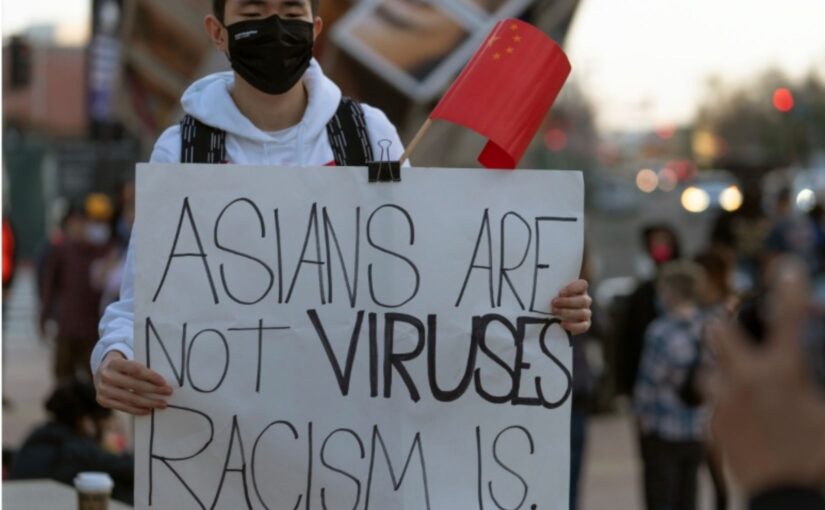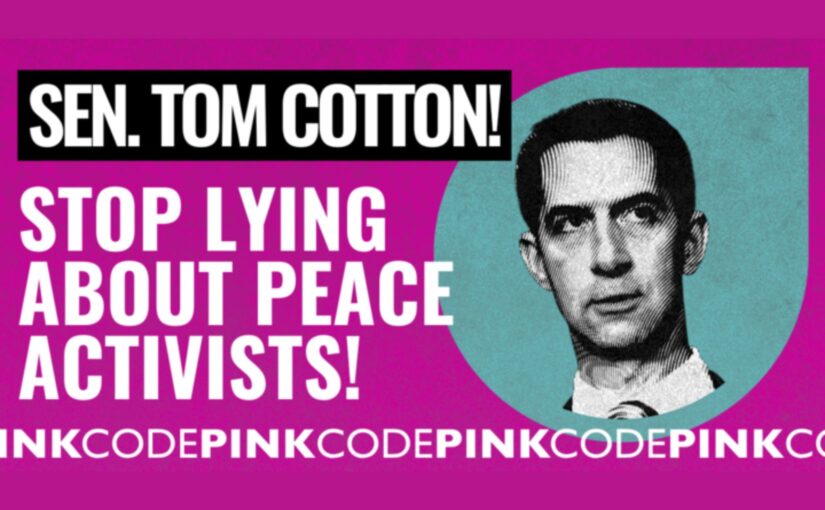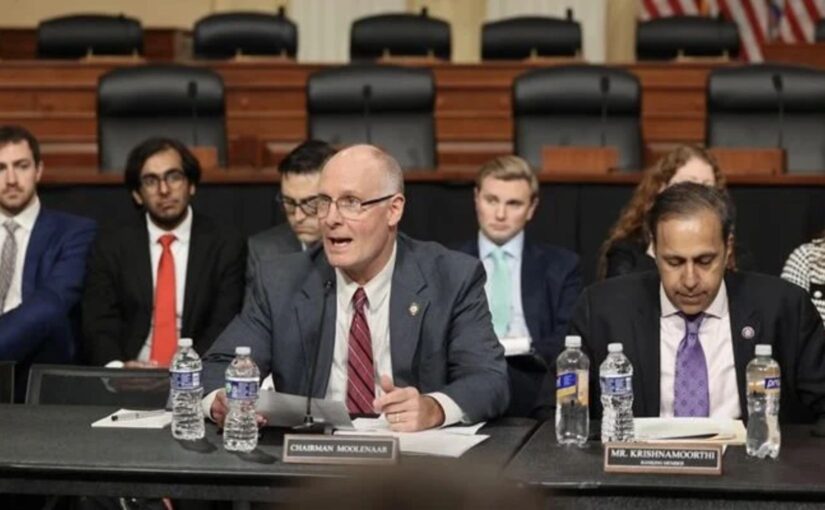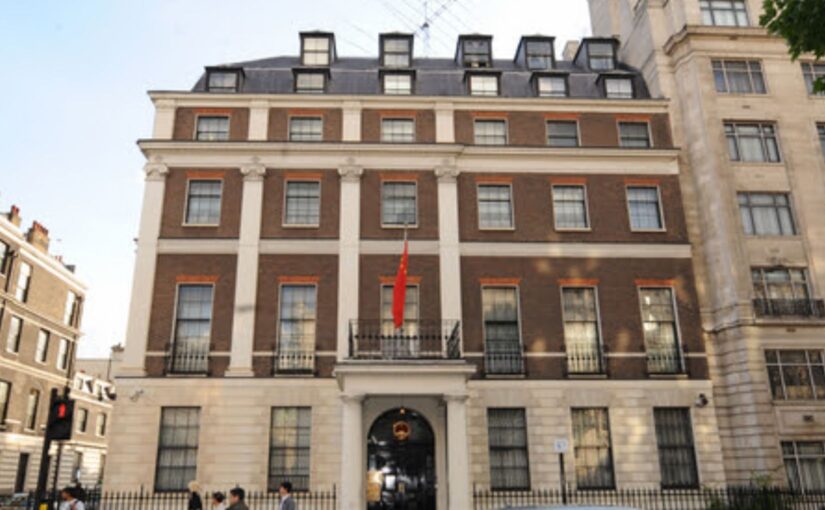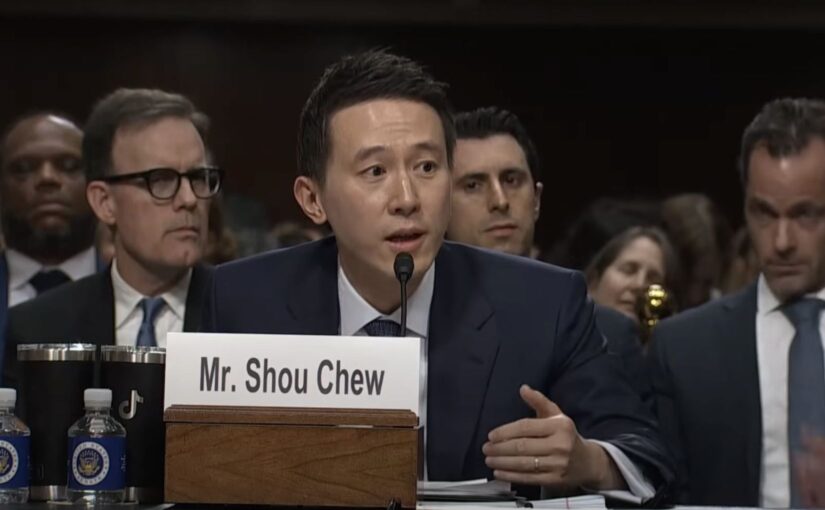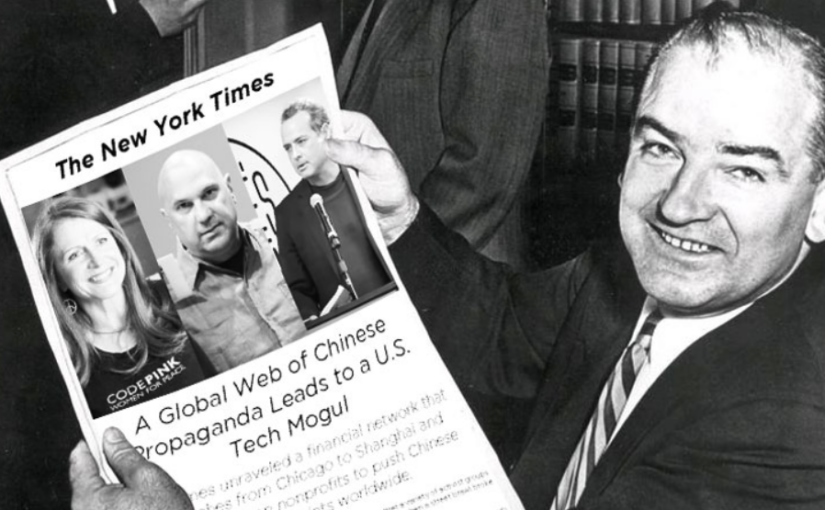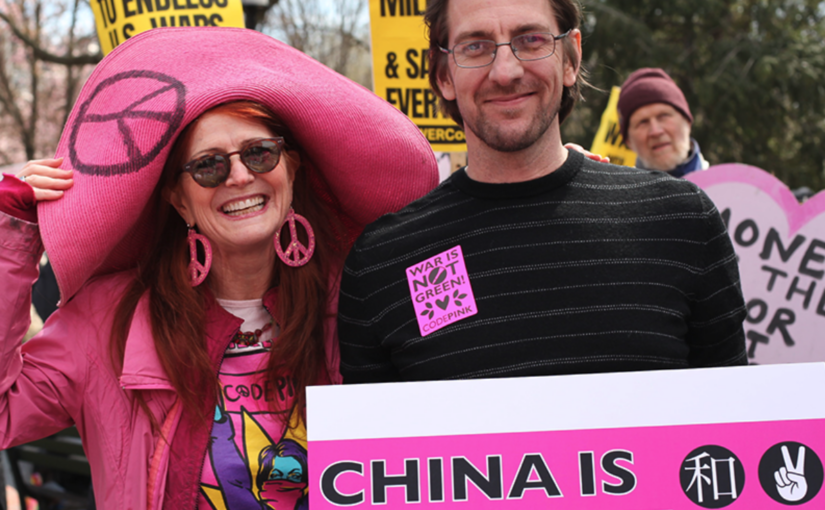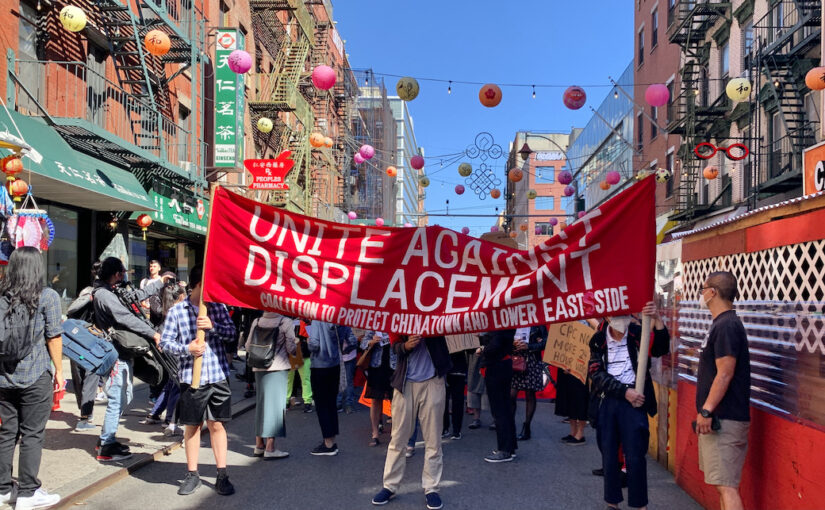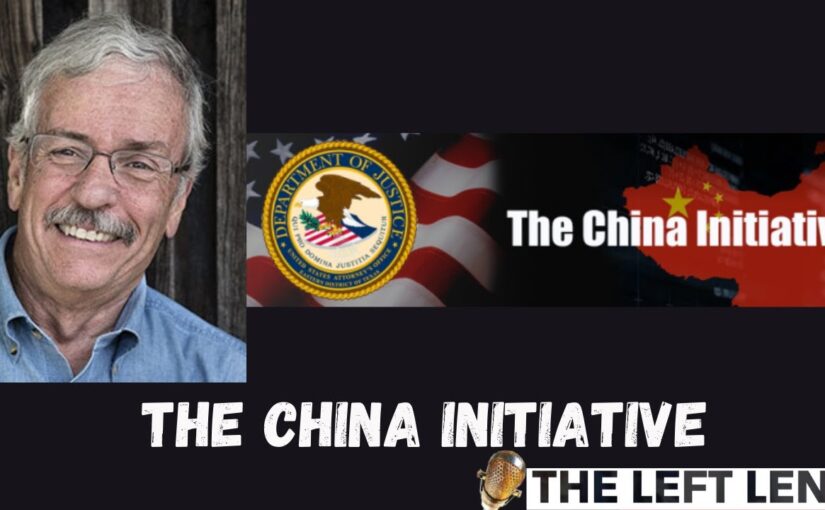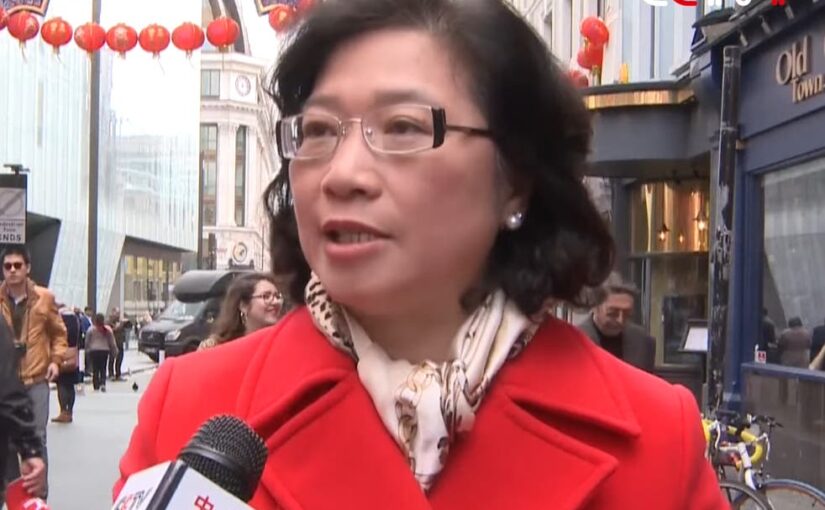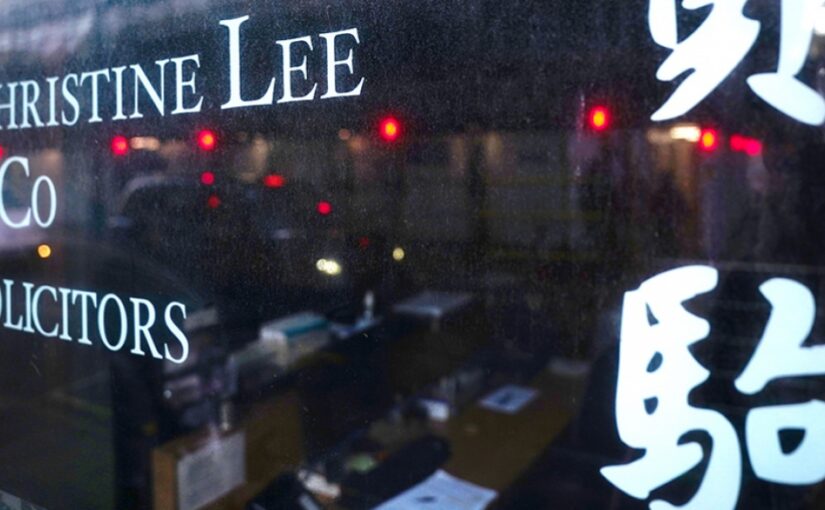The following article by Chris Garaffa, originally published in Liberation News, provides valuable insight into the US government’s campaign to ban TikTok.
Chris notes that, while some in the US are concerned about TikTok’s data collection, such concerns “play into racist tropes about surveillance in China”. In reality, US social media apps such as Facebook, Twitter and Instagram “collect as much or more information than TikTok and use it to create profiles on users in order to target advertisements”. Furthermore, “these companies willingly hand over information to US law enforcement and surveillance agencies.” Data privacy is an important consideration in general, but it can only be addressed by regulation of the entire industry, not by singling out Chinese companies.
The attempt to ban TikTok must be considered in the context of “the ongoing effort by the US government to stop China’s ascendance on the global stage as part of its new Cold War efforts”, writes Garaffa. This broader campaign also incorporates the US government’s efforts to block Chinese technology companies such as Huawei from participating in the development of 5G networks, and the ongoing (and hapless) ‘semiconductor war’.
The author makes an important connection between the campaign against TikTok and the US-based genocide taking place in Gaza:
The renewed focus on TikTok also comes at a time when millions of people have continuously mobilized in defense of the Palestinian people since Oct 7. The genocide in Palestine is being livestreamed for the world to see on TikTok, and young people increasingly get their news from short-form videos on the platform…
Banning TikTok, or forcing it to be sold to a company based in the United States to continue operating, would have a chilling effect on the ability for people to see what Israel is doing to Palestinians with U.S. political, diplomatic, military and financial support. Such a ban would only be beneficial for U.S. tech giants and their investors, and would serve as a stepping stone in the growing confrontation that the United States is building towards with China.
On March 13, the U.S. House of Representatives passed H.R. 7521. This bill, called the “Protecting Americans from Foreign Adversary Controlled Applications Act,” but more commonly known as the TikTok ban, was passed just eight days after its introduction in the House. If the bill passes the Senate, President Joe Biden has said he will sign it.
The bill explicitly targets ByteDance, the owner of popular social media app TikTok, both in its introduction and in its text. If passed, the legislation would force the sale of the app so long as it’s owned by ByteDance, a Beijing-based company. It would also allow for the blocking of applications and websites with more than 1 million monthly active users if the company that makes the app is based in one of four “foreign adversary countries” defined by U.S. law: North Korea, China, Russia and Iran. App stores run by companies like Apple and Google would be prevented from allowing users to download TikTok and other covered apps to users in the United States.
Not a win for data privacy
Some privacy advocates claim this bill is a win for privacy rights, citing concerns about data collection by TIkTok. While some of these concerns may come from a well-intentioned place, they play into racist tropes about surveillance in China. U.S.-based social media apps collect as much or more information than TikTok and use it to create profiles on users in order to target advertisements. These companies also willingly hand over information to U.S. law enforcement and surveillance agencies.
Apple’s App Store added privacy labels to apps in 2020. Facebook’s app lists a massive 17 categories of information under the “Data Used to Track You” and “Data Linked to You” sections, including ominous and vague Sensitive Info and Other Data items.
Data Used to Track You includes information that may be shared directly with other companies including data brokers, while Data Linked to You includes information that is tied to your identity on the app. By comparison, TikTok lists 13 categories of data under these sections, and doesn’t include Sensitive Info, Health & Fitness or Other Data. X, formerly Twitter, similarly has 17 items under the two sections, with many more items listed directly as “Data Used to Track You” than either Facebook or TikTok.
Data privacy is not the real concern of those pushing for a TikTok ban. If it were, they would be focusing on the multi-trillion dollar data collection industry that seeks to monetize every video view, every tap, every reaction GIF, and every message we send as users of these apps. If the U.S. government had real data protection regulations, all apps — including TikTok — would be required to follow them in order to do business in the country.
TikTok is already banned on the work devices of federal employees and of state employees in a majority of states. Donald Trump similarly tried to force the sale of TikTok to U.S. companies in 2020, giving retailer Walmart and enterprise software company Oracle a combined 20% stake in the company. Austin, Texas-based Oracle got its start in 1977 with the Central Intelligence Agency as its first customer, and heavily relies on government contracts for its business. Oracle co-founder and multi-billionaire Larry Ellison called for “a national security database combined with biometrics, thumb prints, hand prints, iris scans or whatever is best…” that could be “built in a few months” in a New York Times opinion piece months after the 9/11 attacks.
Continue reading What’s really behind the campaign to ban TikTok?

